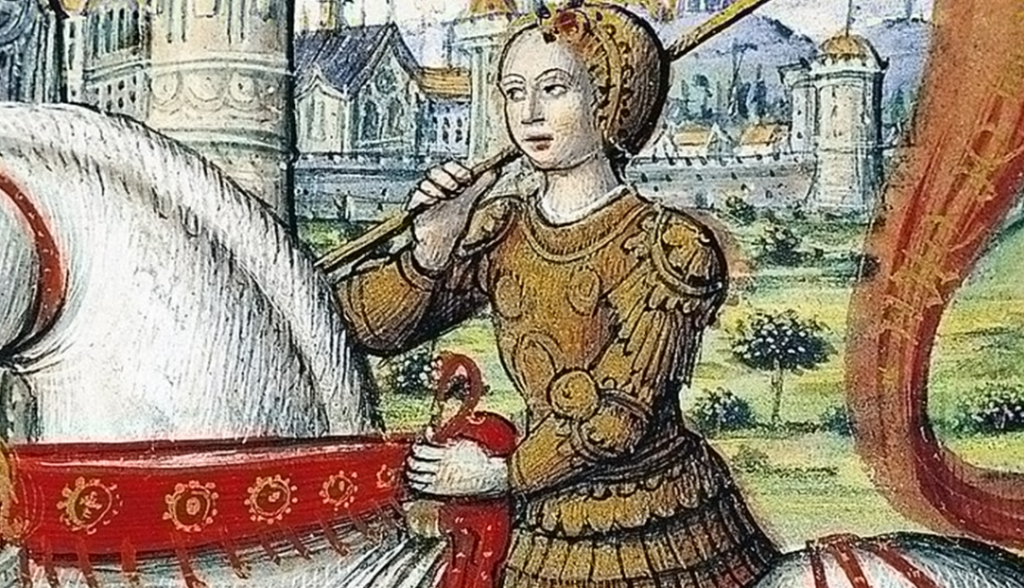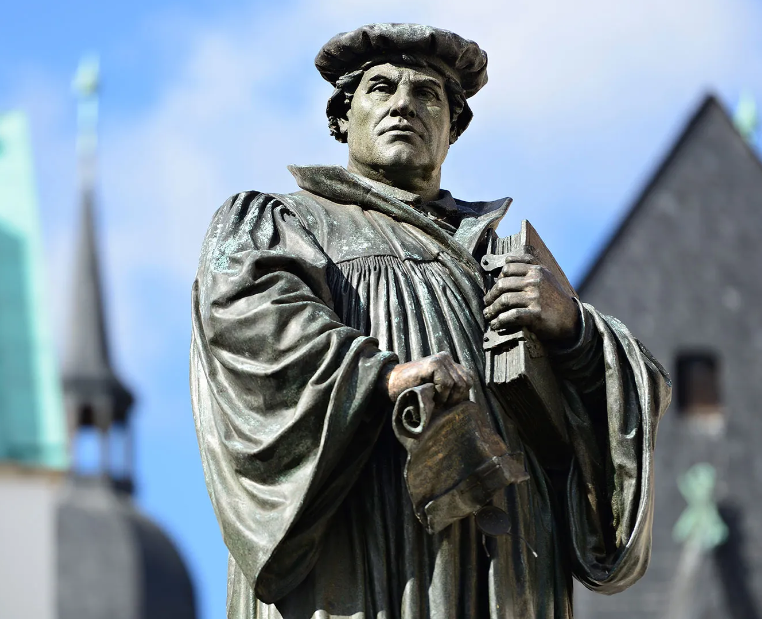Bulgaria, a land rich in history and culture, holds a revered figure in its national narrative as Bulgaria National Hero — Vasil Levski. Often referred to as the “Apostle of Freedom,” Levski played a pivotal role in the country’s struggle for independence from Ottoman rule. This article delves into the life, revolutionary activities, ideology, imprisonment, and legacy of Bulgaria’s national hero, Vasil Levski.
Early Life and Influences
Vasil Levski was born on July 18, 1837, in the small town of Karlovo, Bulgaria. Raised in a modest family, Levski’s formative years were marked by a deep sense of patriotism and an unwavering belief in the potential of his people. Despite limited resources, his parents encouraged his education, and Levski developed a thirst for knowledge, particularly in history and philosophy.
Levski’s exposure to revolutionary ideas came during his years as a student in the Bulgarian Exarchate School. The school, established to preserve Bulgarian culture and identity, nurtured Levski’s sense of national pride and instilled in him a fervent desire for Bulgarian independence.
Revolutionary Activities of Bulgaria National Hero
Driven by his passion for his homeland, Levski founded the Internal Revolutionary Organization (IRO) in 1869. The IRO aimed to coordinate the efforts of various revolutionary groups and organize an armed uprising against the Ottoman Empire. Levski, with his exceptional organizational skills, devised an intricate network of secret committees, ensuring effective communication and coordination.
Levski’s strategy involved decentralization and compartmentalization, minimizing the risk of exposure and maximizing the efficiency of the revolutionary movement. He advocated for the involvement of people from all walks of life, transcending social, religious, and ethnic boundaries, with a common goal of liberating Bulgaria.
Under Levski’s leadership, the revolutionaries launched several successful campaigns, including the recruitment and training of fighters, acquisition of weapons, and execution of strategic attacks on Ottoman forces. Levski’s unwavering determination and his ability to inspire others played a crucial role in the growth and progress of the Bulgarian liberation movement.
Ideology and Beliefs
Central to Levski’s vision for an independent Bulgaria was the idea of unity and inclusivity. Levski firmly believed that all Bulgarians, regardless of their social status or religious background, should be active participants in the liberation struggle. His ideology emphasized the importance of education and enlightenment among the Bulgarian population, as he recognized the power of knowledge in fostering national consciousness and cohesion.
Levski’s writings and speeches revealed his profound understanding of the socio-political landscape of Bulgaria. He articulated a vision of a modern, democratic Bulgaria that respected the rights and freedoms of its citizens. Levski’s ideas resonated deeply with the people, who saw in him a true leader and advocate for their collective aspirations.
Arrest, Imprisonment, and Execution
Levski’s tireless efforts and prominence as a revolutionary leader inevitably attracted the attention of Ottoman authorities. In 1872, he was captured by the Ottoman secret police and subjected to brutal imprisonment and torture. Despite the physical and psychological torment inflicted upon him, Levski refused to betray his cause or his comrades.
After a lengthy and unjust trial, Levski was sentenced to death. On February 18, 1873, he was executed by hanging in Sofia. Levski’s martyrdom solidified his status as a national hero and ignited a wave of outrage and determination among the Bulgarian people.
Legacy and Commemoration of Bulgaria National Hero
Vasil Levski’s sacrifice and unwavering commitment to Bulgarian independence left an indelible mark on the nation’s history. Following his execution, Levski became a symbol of courage, resilience, and selfless dedication to the cause of freedom. His legacy continues to inspire Bulgarians to this day.
Throughout Bulgaria, monuments, museums, and memorials stand as testaments to Levski’s enduring influence. The Vasil Levski National Stadium, named in his honor, serves as a reminder of his significance in the hearts and minds of the Bulgarian people. His teachings and writings are widely studied and celebrated, ensuring that his ideas remain alive and relevant.
Conclusion
Vasil Levski, Bulgaria’s national hero, exemplified the spirit of sacrifice and devotion to the cause of freedom. His contributions to the Bulgarian liberation movement, his inclusive ideology, and his unwavering commitment to unity continue to inspire generations. Levski’s memory lives on in the hearts of the Bulgarian people, serving as a reminder of their history, identity, and aspirations for a brighter future.
FAQs
- Who was Vasil Levski?
Vasil Levski was a Bulgarian revolutionary and national hero who played a significant role in the country’s struggle for independence from Ottoman rule. He founded the Internal Revolutionary Organization and led various revolutionary campaigns before being captured, imprisoned, and executed.
- What is the significance of Vasil Levski in Bulgarian history?
Vasil Levski is highly regarded as a symbol of courage, resilience, and selflessness in Bulgarian history. His martyrdom and dedication to the cause of freedom continue to inspire Bulgarians, fostering a sense of national unity and pride.
- How did Vasil Levski organize the revolutionary movement?
Levski established a network of secret committees and decentralized structures within the Internal Revolutionary Organization. His strategy focused on effective communication, coordination, and the inclusion of people from all backgrounds, transcending social and religious boundaries.
- What were Vasil Levski’s beliefs and ideology?
Levski believed in the unity and inclusivity of all Bulgarians in the liberation struggle. He emphasized education and enlightenment as crucial components of fostering national consciousness and advocated for a modern, democratic Bulgaria that respected individual rights and freedoms.
- How is Vasil Levski commemorated in Bulgaria?
Levski is commemorated through monuments, museums, and memorials across Bulgaria. The Vasil Levski National Stadium stands as a prominent tribute to his legacy.
References
- Minkov, A. (2014). Historical Dictionary of Bulgaria. Rowman & Littlefield Publishers.
- Nikolov, A. (2017). Vasil Levski: The Apostle of Freedom. Sofia Press.
- Georgieva, R. (2018). Vasil Levski: A Symbol of National Identity. International Journal of Humanities and Social Sciences, 2(2), 22-28.

